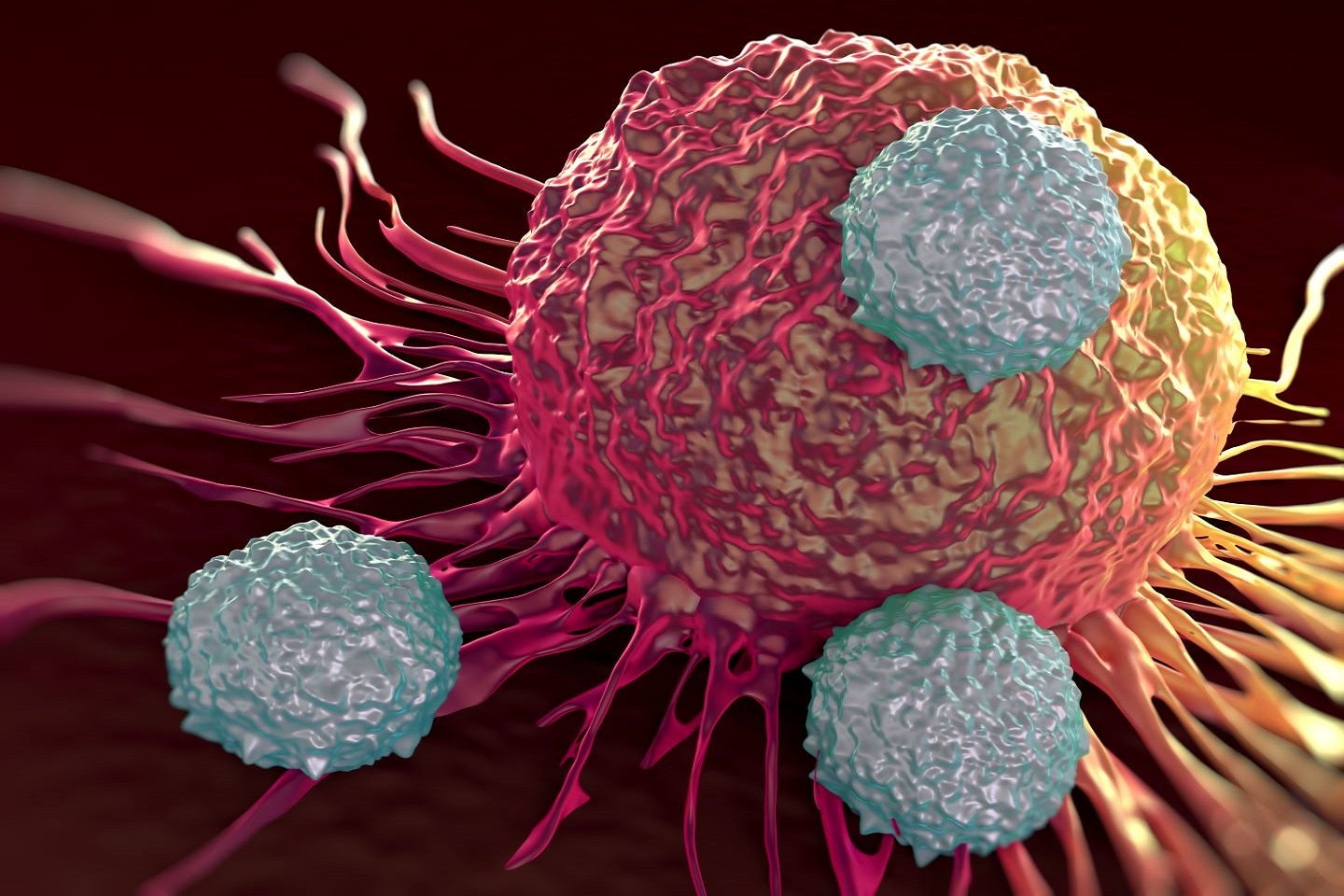
Aulos Bioscience has unveiled plans to begin the Phase II portion of its Phase I/II clinical study of human IgG1 monoclonal antibody, AU-007, to treat patients with unresectable locally advanced or metastatic solid tumour cancers of the kidney and skin.
AU-007 is designed utilising artificial intelligence (AI) for leveraging interleukin-2 (IL-2) to eliminate solid tumours.

Discover B2B Marketing That Performs
Combine business intelligence and editorial excellence to reach engaged professionals across 36 leading media platforms.
Created by Biolojic Design, it is claimed to be the first computationally designed monoclonal antibody to be assessed in a clinical study.
It is expected to hold the potential to attach accurately to the IL-2 portion that binds to CD25, which prevents binding of IL-2 to IL-2 receptors on regulatory T cells (Tregs), pulmonary tissue vasculature, and eosinophils.
The first Phase II expansion cohorts will concentrate on renal cell carcinoma (RCC) and melanoma.
They will assess the antibody along with a single loading dose of low-dose, subcutaneous Proleukin (aldesleukin; recombinant human IL-2), or with AU-007 and Proleukin given every two weeks.

US Tariffs are shifting - will you react or anticipate?
Don’t let policy changes catch you off guard. Stay proactive with real-time data and expert analysis.
By GlobalDataAulos Bioscience CEO Aron Knickerbocker said: “Since our last data cutoff date of October 13, 2023 (data presented at SITC), new data indicate clinical activity in several patients, including disease control and objective response results.
“This is encouraging as the anti-tumour activity has been observed in heavily pre-treated patients whose tumours had progressed through checkpoint inhibitors. We look forward to the Phase II portion of this study and presenting clinical data from the expansion cohorts next year.”
The Phase I dose escalation cohort findings show that AU-007 is well tolerated when used alone or in combination with Proleukin.
No reports of pulmonary or generalised edema, vasculature leakage, or dose-limiting toxicity have been observed so far.



